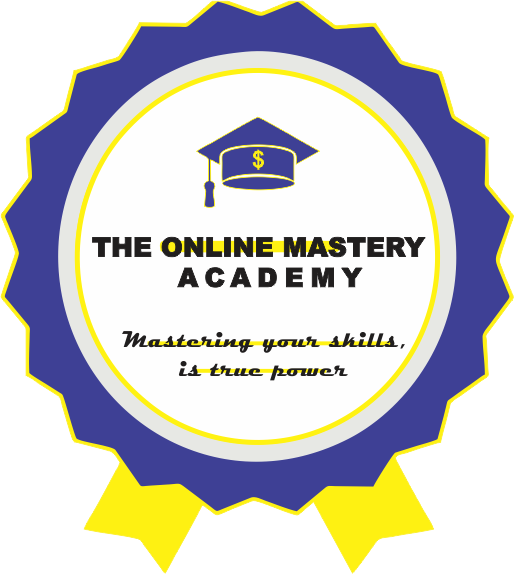
What ChatGPT Can Do for You as a Career Counselor
Artificial intelligence (AI) is becoming more important in many facets of our life as technology develops. One such AI model, ChatGPT, has demonstrated to be a useful tool for those looking for career guidance. In this post, we’ll look at how you may utilize ChatGPT as a career counselor to find possible work possibilities, assess job prospects, and match your talents, interests, and values with acceptable careers.
Getting ready for the career counseling appointment
It’s important to compile all pertinent information about your professional background, talents, interests, and values before participating in ChatGPT. Here are some suggestions to aid in your preparation:
a. Create a list of your hard and soft skills to analyze your skill set. While soft skills are interpersonal qualities that can be used in a variety of businesses, hard skills are technical prowess or niche expertise.
b. Choose your interests: Decide which of your passions and interests you want to incorporate into your career.
c. Examine your personal and professional values, such as those related to work-life balance, employment security, career opportunities, and corporate culture.
d. Collect information on your school history and professional experience, as well as any certificates or training you may have attained.
Starting a Discussion with ChatGPT
Provide a thorough description of your professional status, educational background, talents, interests, and beliefs to begin using ChatGPT. The more details you provide, the more effectively ChatGPT can adjust its career advice to meet your needs. For instance:
What career paths should I think about? I have a bachelor’s degree in computer science and have been working as a software developer for five years. My hard skills include Python, Java, and C++ programming, while my soft skills include problem-solving and teamwork. I am passionate about environmental conservation and value work-life balance.
Posing the Appropriate Questions
After receiving your background data, ChatGPT can make career recommendations based on your tastes and background. Yet it’s important to ask the appropriate questions in order to get the most of your interaction. These are a few instances:
a. What employment possibilities are there in the subject of environmental protection for someone with my skill set?
b. What other abilities should I cultivate to make the move to a profession in environmental conservation?
c. Can you give a general outline of the most recent developments in the environmental conservation industry?
d. Networking: “How can I broaden my contacts in the field of environmental conservation?”
e. Job search tactics: “What are some efficient job search tactics for making the shift into an environmental conservation career?”
Analyzing ChatGPT’s Recommendations
Keep in mind that ChatGPT is an AI tool and cannot offer precise instructions. To verify the advice, it is crucial to thoroughly assess the suggestions and carry out additional investigation. Think about the following actions:
a. Verify the veracity of ChatGPT’s advice by cross-referencing the data from other sources. Websites like Glassdoor, LinkedIn, and Indeed can offer useful details about employment opportunities, pay, and workplace culture.
b. Get out to professionals in your desired field to gain firsthand knowledge about the market and job descriptions. Also, networking might help you find career possibilities and positions that might not be listed online.
c. Analyze the labor market: Do research on the labor market in the sector that you are interested in to determine the need for particular roles and talents. This will assist you in focusing your efforts on skill improvement and job search.
Creating a Plan of Action
Create a strategic plan to enter your desired career based on ChatGPT’s advice and your research. When creating your action plan, keep the following factors in mind:
a. Identification of the talents you must acquire or enhance to become more competitive in your selected field. To learn these abilities, look for online workshops, certifications, or courses.
b. Optimize your CV by highlighting the abilities, experience, and interests that are pertinent to your chosen professional path. Create a resume that is specifically tailored to the qualifications and job descriptions of the positions you’re looking for.
c. Creating a networking strategy will help you meet people in your target industry. Participate at industry conferences, webinars, local meetups, and professional social media sites like LinkedIn to network with others.
d. Job search strategy: Have a daily schedule that includes time specifically designated for looking for and applying to suitable job openings. To find possible prospects, use job boards, company websites, and your professional network.
e. Practice your interview techniques and get ready to respond to inquiries about your target field. Learn about typical interview inquiries so that you may prepare intelligent responses that highlight your knowledge, expertise, and enthusiasm for the position.
Monitoring Results and Modifying Your Strategy
It’s critical to track your development as you prepare to enter your new career and to modify your strategy as necessary. The metrics below should be monitored to gauge your success:
a. Job applications: Keep a log of the positions you’ve applied for, the employers you’ve chosen, and the feedback you’ve gotten. Examine this information for trends, then change your job search approach accordingly.
b. Networking: Count the number of new connections, informational interviews, and recommendations you have received to gauge the success of your networking activities.
c. Evaluate your progress in learning new skills and how they will affect your job search. Consider dedicating extra time or money to skill improvement if necessary.
d. Employment offers: Make a record of the job offers you get and consider the elements that made them successful. Use this knowledge to improve the way you approach job seeking and interviews.
READ ALSO- ChatGPT’s Effect on Education and the Learning Process




